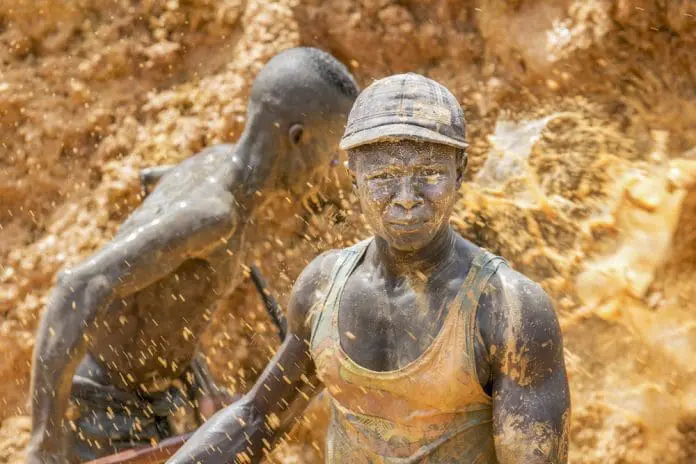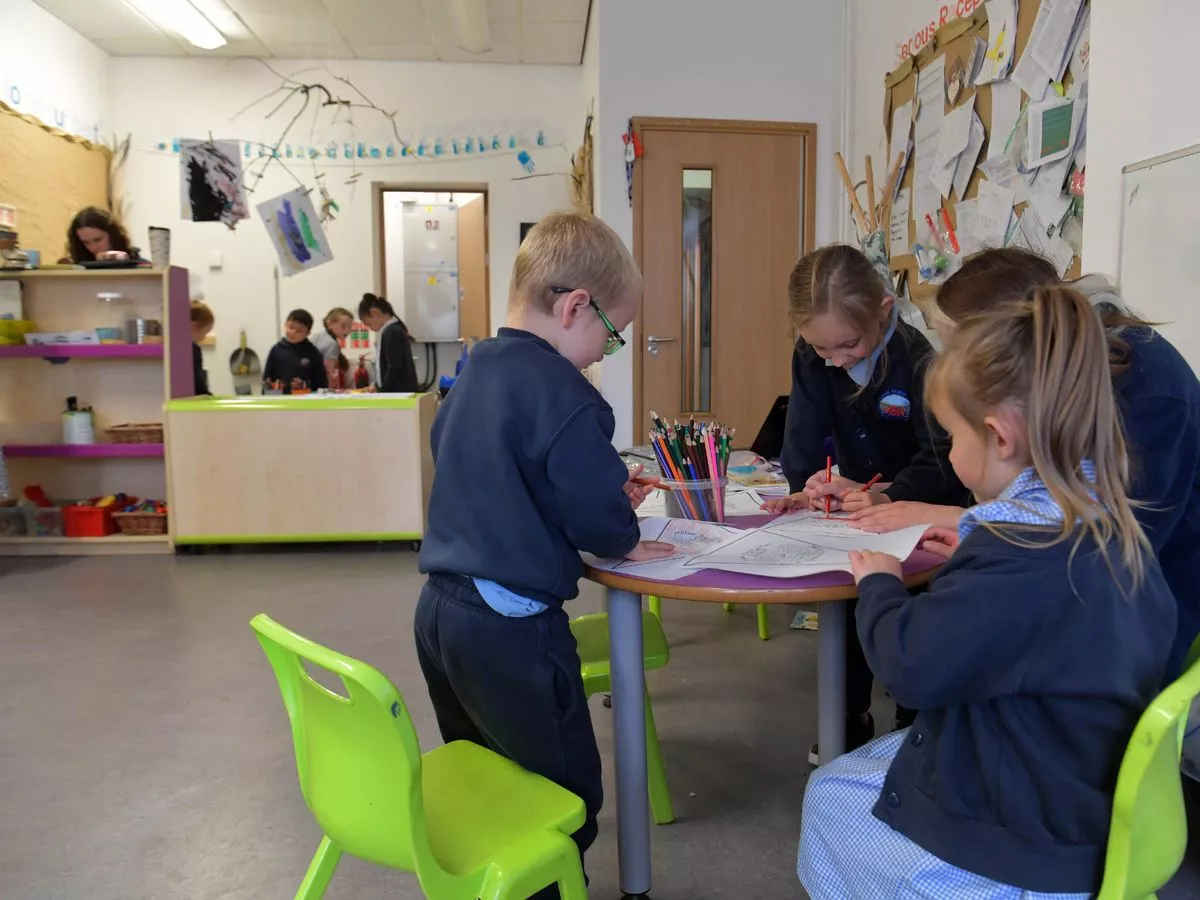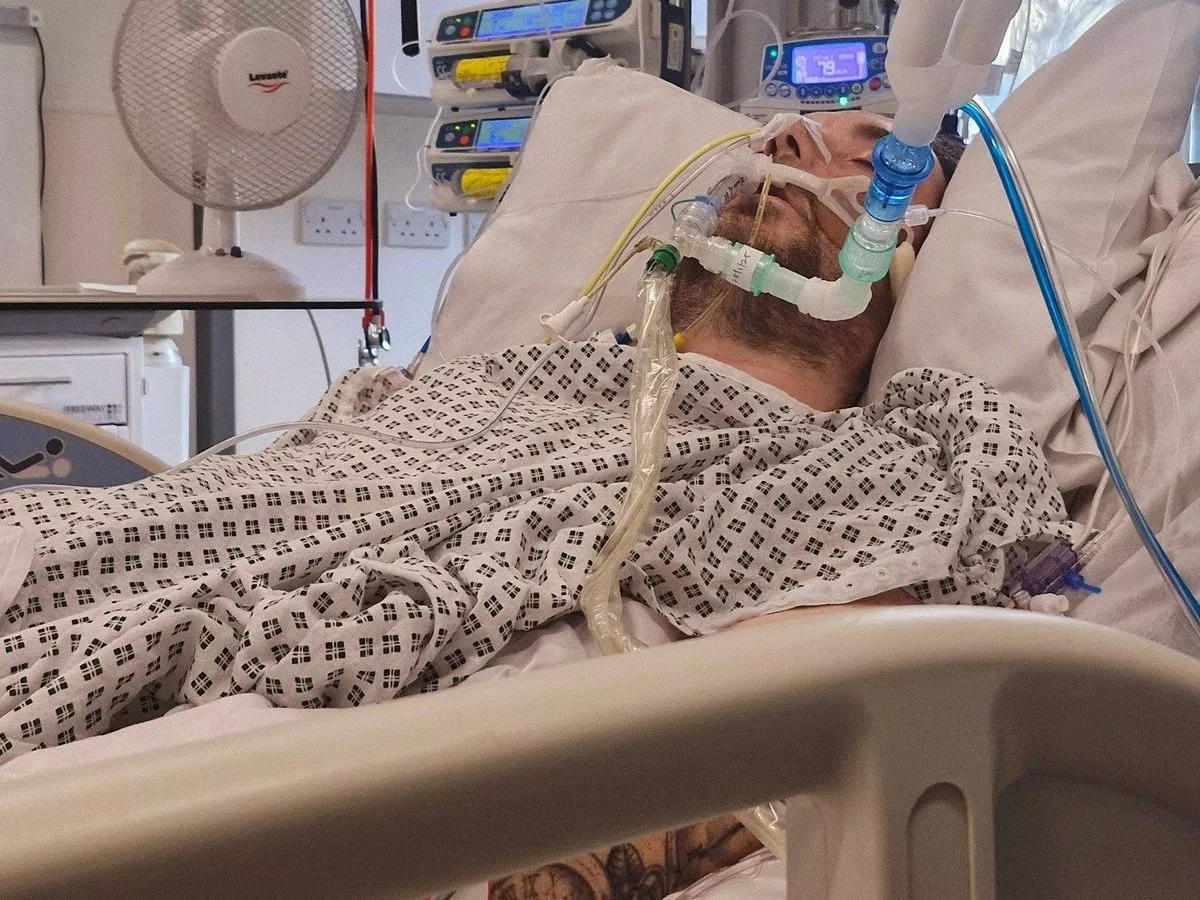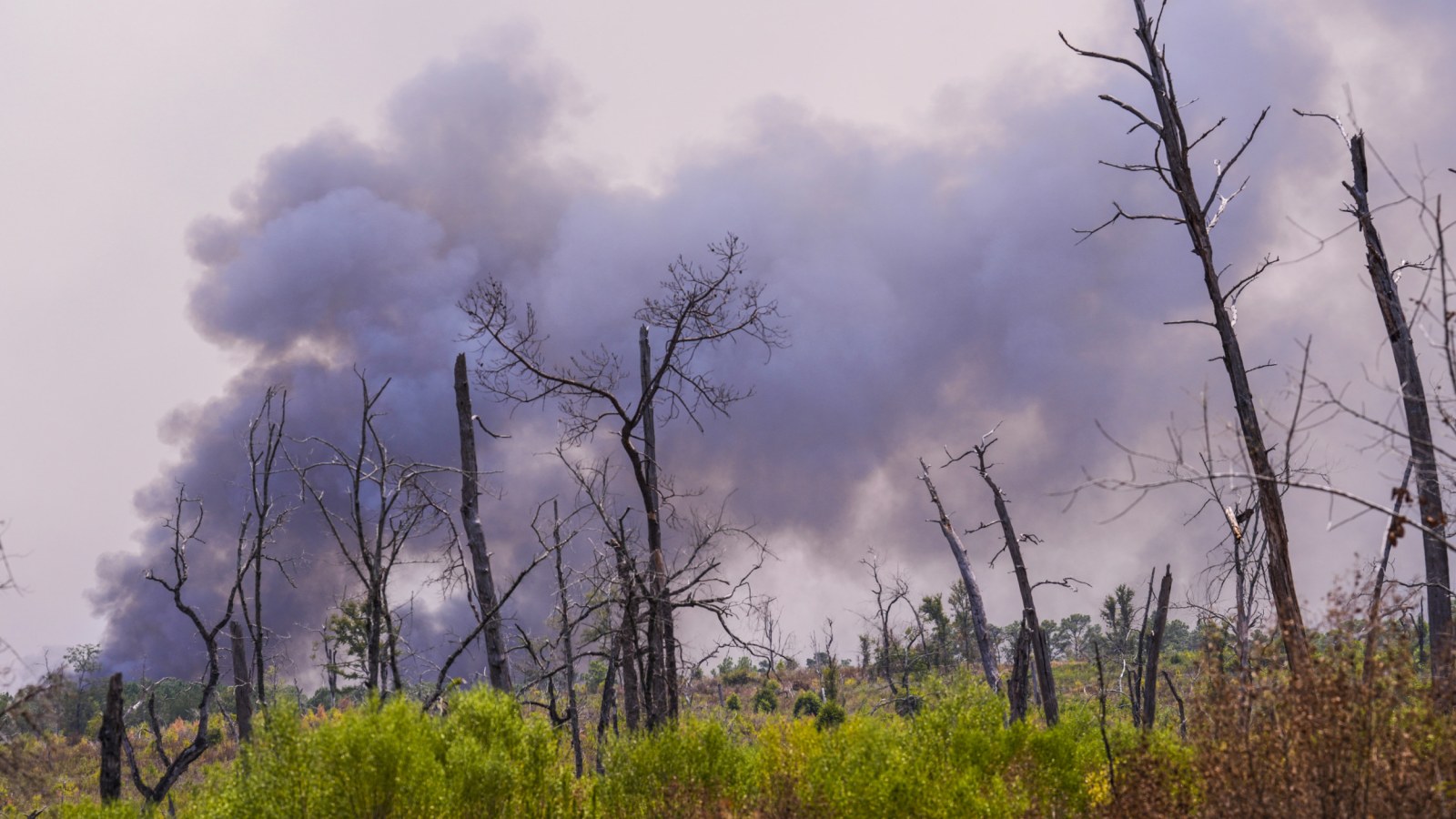By Ghana News
Copyright ghanamma

Illegal mining activities are systematically dismantling years of sexual and reproductive health progress among adolescents in Ghana’s Upper East Region, as young people abandon education for quick profits that fuel dangerous behaviors and substance abuse.
Ghana’s illegal small-scale mining operations, known as galamsey, cost the country more than $2.3 billion annually in lost revenue and illegal smuggling, while creating devastating social consequences that now include the reversal of critical adolescent health achievements.
Elikem Katsekpor, Project Officer for the Social Health and Reproductive Education (SHARE) Project, identified the mining crisis as an urgent threat to reproductive health gains in Builsa South, Kassena Nankana Municipal, and Kassena Nankana West districts, where boys increasingly choose mining sites over classrooms.
The exodus from education to illegal mining creates dangerous ripple effects throughout affected communities, with newly wealthy but unschooled youth engaging in high-risk sexual behaviors that undermine years of health education progress.
Recent surges in gold prices in late 2024 have caused corresponding increases in illegal mining across Ghana, intensifying the crisis as more young people are drawn to galamsey operations despite their devastating environmental and social consequences.
The mining boom coincides with a tramadol abuse crisis that compounds adolescent health challenges across northern Ghana. Research indicates that tramadol abuse affects males at significantly higher rates than females, with formal sector employment serving as protective against abuse, making school-aged boys particularly vulnerable when they leave education for mining.
Katsekpor highlighted the availability of high-dose tramadol medications in local markets, including 225mg and 500mg variants, alongside widespread alcohol abuse that impairs decision-making among adolescents with sudden access to mining income.
The combination of easy money from illegal operations and readily available substances creates what health officials describe as perfect conditions for poor reproductive health choices among young people who previously benefited from comprehensive health education programs.
Recent data shows concerning trends in the region, with lifetime tramadol use among youth populations reaching 26.9% in some areas, while university student populations show 24% addiction rates to tramadol according to recent research findings.
The deteriorating situation has produced measurable setbacks in reproductive health outcomes, with teenage pregnancy rates beginning to climb after years of decline through targeted education programs.
More than one million Ghanaians under 35 remain unemployed according to the Ghana Statistical Service, with high youth unemployment and elevated gold prices driving more people into illegal mining, creating a cycle that threatens educational and health progress.
The SHARE project, implemented through a consortium led by Right to Play with the Forum for African Women Educationalists serving as the advocacy arm, has responded with intensified parent-centered education approaches to address these emerging challenges.
The program focuses on empowering parents and caregivers to engage in meaningful conversations with adolescents about sexual and reproductive health, recognizing that traditional classroom-based approaches become ineffective when students abandon formal education for mining activities.
Community dialogues conducted across 70-80 metro areas help identify knowledge gaps and address connections between illegal mining, substance abuse, and reproductive health challenges affecting young people in the region.
Government directives issued on January 28, 2025, mandated immediate cessation of all illegal mining activities within water bodies, while President John Dramani Mahama recently reaffirmed governmental commitment to combating drug abuse nationwide.
However, enforcement challenges persist as the practice perpetuates unsafe working conditions and social unrest while eroding trust in government institutions tasked with enforcement, complicating efforts to address the crisis’s impact on youth development.
Research links water pollution from galamsey to chronic diseases including kidney failure, birth defects and cancer in many mining communities, adding long-term health consequences to immediate reproductive health concerns affecting young people.
The crisis represents a convergence of economic, environmental, and social factors that threaten to undo a decade of progress in adolescent health education and outcomes across northern Ghana’s mining-affected districts.
Health officials emphasize that addressing the crisis requires coordinated responses involving education authorities, law enforcement, community leaders, and media organizations working together to provide alternative economic opportunities for young people while maintaining health education momentum.
The SHARE project continues expanding its parent-centered approach while advocating for stronger enforcement of mining regulations and substance abuse prevention measures to protect adolescent health gains from further deterioration.
Media engagement remains crucial for maintaining educational efforts and serving as accountability mechanisms to preserve health achievements in communities increasingly affected by illegal mining operations and associated substance abuse challenges.
The situation highlights broader challenges facing Ghana’s youth development initiatives, where external economic pressures can rapidly undermine years of careful progress in health education and behavior change programs.
Without immediate intervention addressing both illegal mining operations and substance abuse proliferation, health officials warn that reproductive health gains achieved through years of community engagement and education may continue eroding across affected northern districts.



